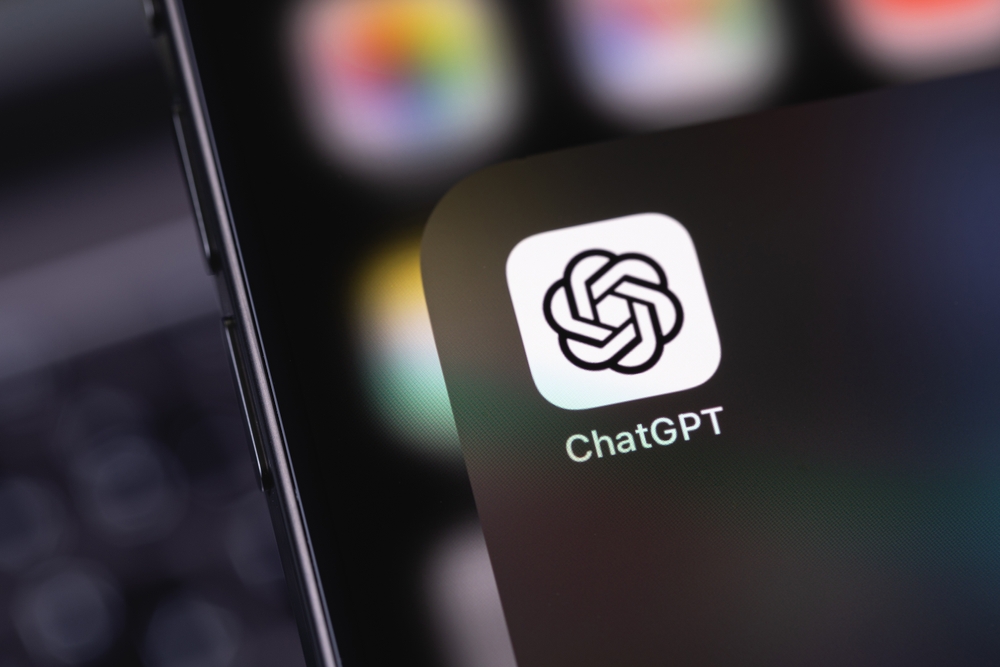The Centre for Agriculture and Bioscience International (CABI) may have found a solution to a major cause of world hunger. Currently, 40% of crops worldwide are decimated by pests and diseases. CABI, a non-profit research organization headquartered in the UK, coordinates an innovative program where predictive data is gathered and shared with farmers across the world.
It came from outer space
The newly formed Pest Risk Information Service (Prise) run by CABI uses information from satellites and weather stations to make predictions about disease or pest infestation. Funded in part by the UK Space Agency and UKAid, Prise utilizes a supercomputer called Jasmin to analyze data streams and make weekly pest forecasts.
This cutting-edge technology is already in use in Ghana, Kenya and Zambia, and will be rolled out in Malawi and Rwanda early this year. Scientists are hopeful that they can increase both yields and incomes for farmers by 10 per cent with this new early warning system.
The doctor is in
Back in 2011, CABI developed a network of so-called “Plant Doctors” through their Plantwise scheme. Funded by the Department for International Development (DfID), these “doctors” are trained and provided with necessary resources, including an app, which they can use to diagnose issues and prescribe a solution.
The network now comprises 9,200 members and has helped over 18 million farmers in 34 countries. CABI’s Plant Doctors receive weekly WhatsApp messages during growing season, with warnings at a country level. These warnings are based on satellite and weather station data combined to predict optimum conditions in which certain pests thrive. They then share these warnings directly with farmers. Farmers can also access the doctors at plant “clinics”, where they can get advice and information regarding crop management, pests and disease.
Combined efforts
Currently 520 Plant Doctors receive Prise alerts, and around 2,000 farmers have been reached with this useful warning information. While still in its infancy, early signs suggest that the Prise system is working, and that the forecasts made were correct most of the time.
CABI is hopeful that if this success continues, they will one day be able to make it into an app that farmers can download onto their phones, eliminating the “middle man”. In the meantime, CABI’s Plant Doctors program continues to work hard to help farmers tackle pests and disease. To learn more about CABI’s important work throughout the world, go to their website.





0 Comments